Minor in Computer Science
The minor in Computer Science offers undergraduate students majoring in other disciplines an opportunity to gain additional knowledge and skills in computer science. Note, students minoring in Computer Science must complete all applicable prerequisites for courses included in the minor.
For more information, please see the Academic Catalog.
Program Location
Carrollton Campus
Method of Delivery
Face to Face
Accreditation
The University of West Georgia is accredited by The Southern Association of Colleges and Schools Commission on Colleges (SACSCOC).
Credit and transfer
Total semester hours required: 15
This program may be earned entirely face-to-face. However, depending on the courses chosen, a student may choose to take some partially or fully online courses.
Save money
UWG is often ranked as one of the most affordable accredited universities of its kind, regardless of the method of delivery chosen.
Details
- Total tuition costs and fees may vary, depending on the instructional method of the courses in which the student chooses to enroll.
- The more courses a student takes in a single term, the more they will typically save in fees and total cost.
- Face-to-face or partially online courses are charged at the general tuition rate and all mandatory campus fees, based on the student's residency (non-residents are charged at a higher rate).
- Fully or entirely online course tuition rates and fees my vary depending on the program. Students enrolled in exclusively online courses do not pay non-Resident rates.
- Together this means that GA residents pay about the same if they take all face-to-face or partially online courses as they do if they take only fully online courses exclusively; while non-residents save money by taking fully online courses.
- One word of caution: If a student takes a combination of face-to-face and online courses in a single term, he/she will pay both all mandatory campus fees and the higher eTuition rate.
- For cost information, as well as payment deadlines, see the Student Accounts and Billing Services website
There are a variety of financial assistance options for students, including scholarships and work study programs. Visit the Office of Financial Aid's website for more information.
General
The following is required:
An introduction to the design and implementation of web pages and sites: foundations of human-computer interaction; development processes; interface, site and navigation design; markup and style-sheet languages; site evaluation; introduction to client-side scripting.
Minor Selects
Take any two courses from the following (6-8 hours):
An integrated approach to the study of data structures, algorithm analysis, and discrete mathematics. Topics include induction and recursion, time and space complexity, and big-O notation, propositional logic, proof techniques, sorting, mathematical properties of data structures, including lists.
A continuation of CS 3151. Topics include sets, relations and functions, graphs, state spaces and search techniques; automata, regular expressions, and context free grammars; NP-completeness.
The craft and science of software construction: effective practices, principles, and patterns for building correct, understandable, testable and maintainable object-oriented code.
A continuation of CS 3201: effective practices, principles and patterns for building correct, understandable, testable, and maintainable code using a variety of programming paradigms, programming languages and system architectures.
An introduction to the software development life cycle and contemporary software development methods. This course places special emphasis on object-oriented systems. Students are expected to complete a medium scale software project.
Software development methods for large scale systems. Management of software development projects. Software engineering standards. Students are expected to complete a large scale software project.
Take any additional two from the following:
An introduction to systems architecture and its impact on software execution. Topics include digital logic and digital systems, machine level representation of data, assembly level machine organization, memory systems organization, I/O and communication, and CPU implementation.
This course covers principles of database systems. Topics include theory of relational databases, database design techniques, database query languages, transaction processing, distributed databases, privacy and civil liberties. Students are expected to complete a project in database design, administration, and development.
Introduction to system-level software development. Topics include OS processes, network communication, file-system organization and manipulation, and script programming.

Raihan Ahmed, M.S.
Senior Lecturer in Computer Science
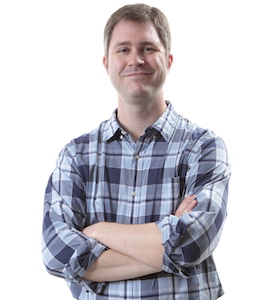
Lewis Baumstark, Ph.D.
Professor of Computer Science
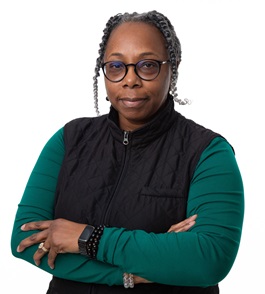
Marion Franklin Cannon, MSIT
Lecturer in Computer Science
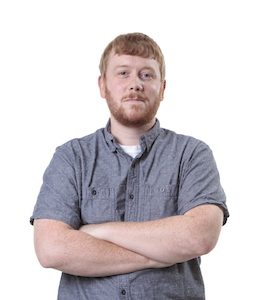
Jonathan Corley, Ph.D.
Associate Professor of Computer Science

Michael Orsega, Ph.D.
Professor of Computer Science & Graduate Program Coordinator
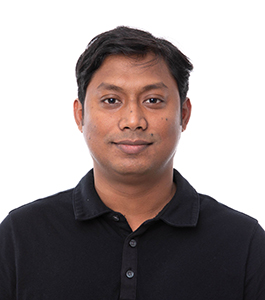
Mostafizur Rahman, Ph.D.
Assistant Professor of Computer Science
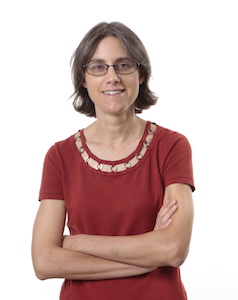
Anja Remshagen, Ph.D.
Professor of Computer Science & Program Coordinator
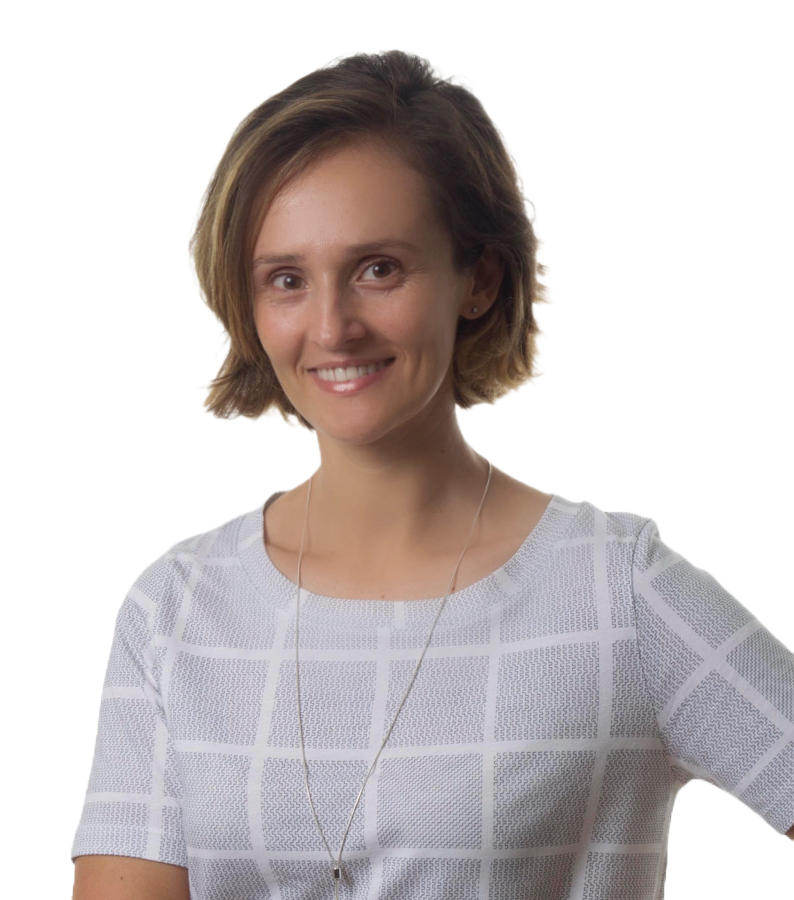
Ana Stanescu, Ph.D.
Associate Professor of Computer Science
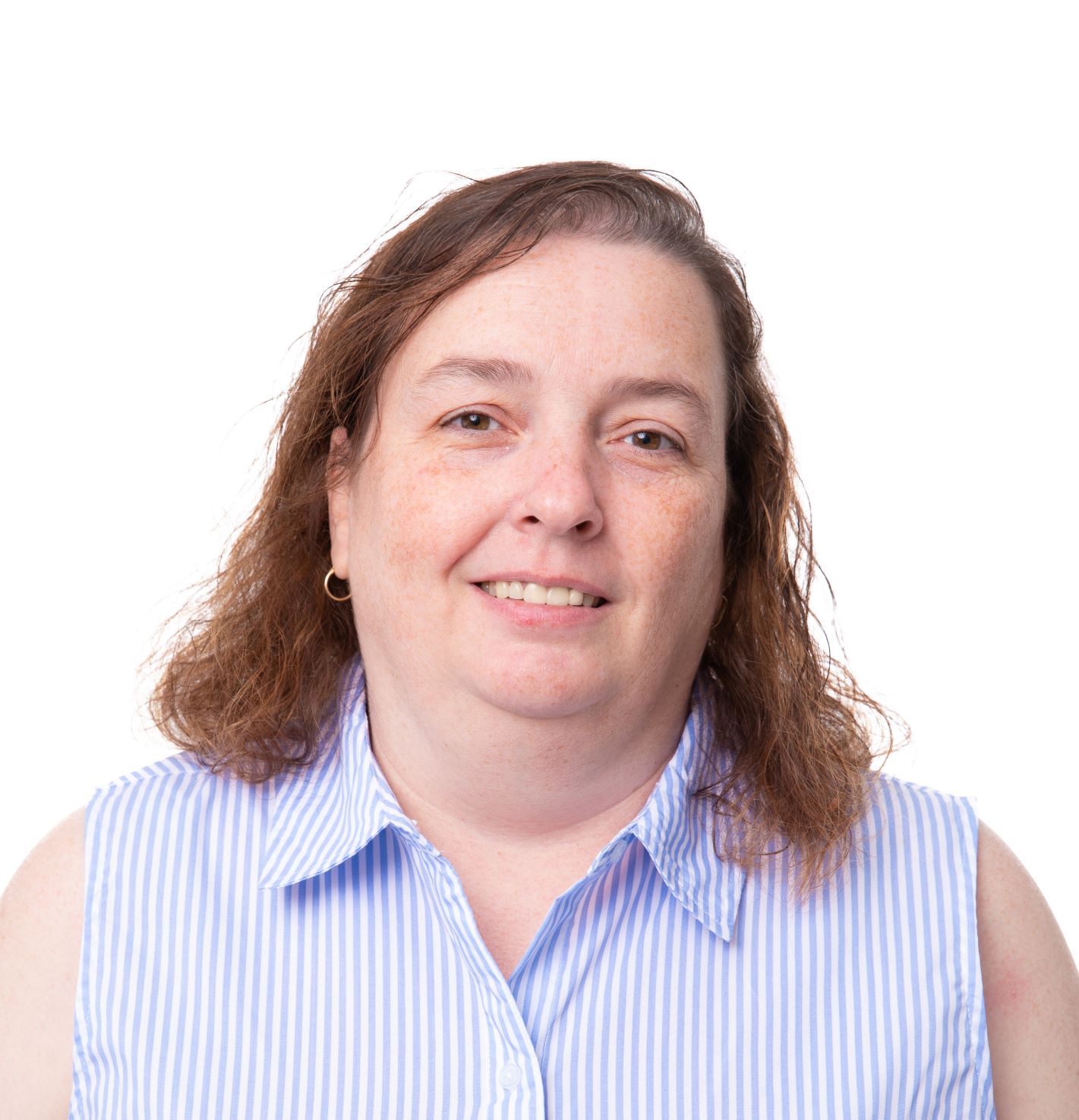
Tracey Wilson, M.Ed., M.S.
Lecturer in Computer Science
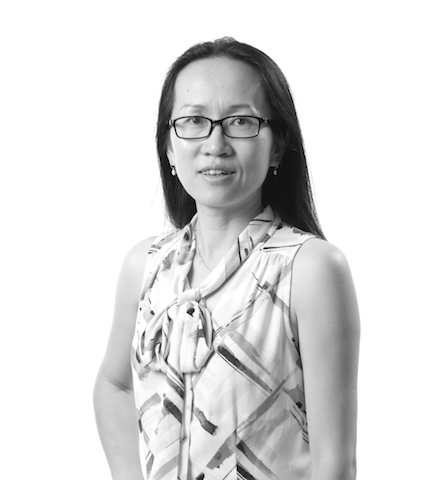
Li Yang, Ph.D.
Professor of Computer Science

Duane Yoder, Ph.D.
Chair, Department of Computing and Mathematics & Associate Professor of Computer Science
No Admissions Data Provided.
Specific dates for Admissions (Undergraduate only), Financial Aid, Fee Payments, Registration, Start/End of term, Final Exams, etc. are available in THE SCOOP.
Objectives not available
